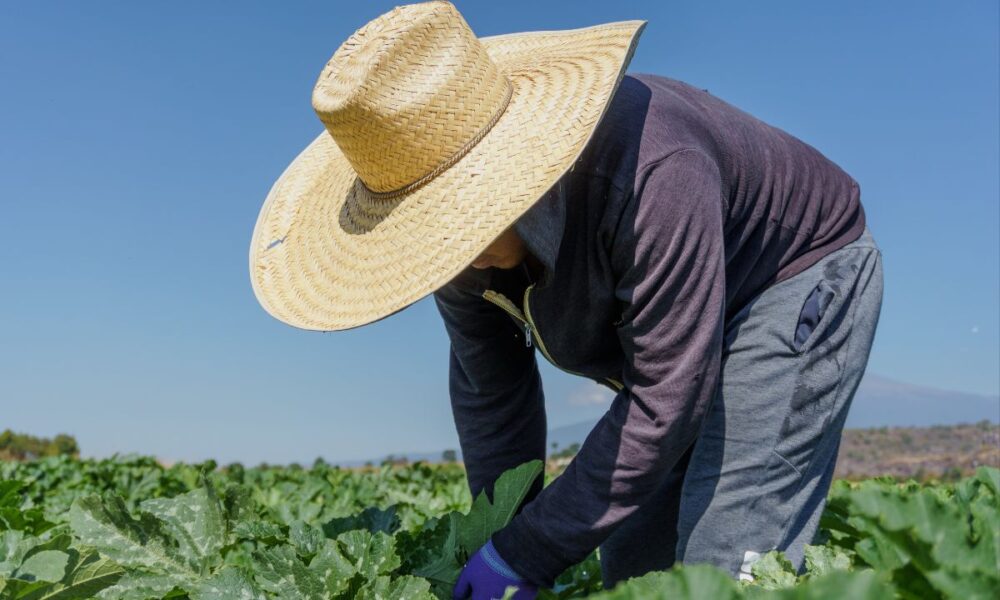The Trump administration has abruptly reversed a short-lived pause on ICE arrests at farms, hotels, and restaurants, reigniting a national debate over the role of illegal immigrants in U.S. labor.
CBS News reported on June 17 that U.S. Immigration and Customs Enforcement (ICE) officials were given new guidance to resume targeted worksite enforcement operations in agriculture and hospitality, just days after administration officials paused them. The decision follows pressure from both inside and outside the administration to protect industries that rely heavily on immigrant labor, including many in the U.S. illegally.
In a statement to CBS, Department of Homeland Security spokeswoman Tricia McLaughlin said, “The President has been incredibly clear. There will be no safe spaces for industries that harbor violent criminals or purposely try to undermine ICE’s efforts.” She added that worksite enforcement “remains a cornerstone of our efforts to safeguard public safety, national security and economic stability.”
The reversal comes after Trump appeared to signal a softening stance on deportations affecting agriculture and hospitality. “We can’t take farmers and take all their people and send them back because they don’t have, maybe, what they’re supposed to have, maybe not,” the President said last week. “We can’t do that to our farmers. And leisure, too. Hotels.”
The Dallas Express previously reported that Trump acknowledged, via a June 12 Truth Social post, that deportation efforts had disrupted operations by removing longtime workers. Yet Trump’s remarks—and the pause itself—stood in stark contrast to earlier policies and rhetoric, including ICE raids in places like Omaha, Nebraska, where more than 70 migrants were arrested at a meat processing plant earlier this month.
The controversy surrounding illegal farm labor isn’t new. As The Dallas Express reported, labor icon Cesar Chavez, founder of the United Farm Workers, was one of the most outspoken opponents of illegal immigration in the 20th century. In the 1970s, Chavez launched the “Illegals Campaign,” which aimed to stop the hiring of undocumented workers who, he argued, were used to break strikes and drive down wages.
“We estimate that 60 to 70 percent of the farmworkers in California—of the resident workers—are out of the job because of the wetbacks,” Chavez said in a 1974 interview. He accused agribusiness interests and even the federal government of undermining union labor with illegal hires.
Today, approximately 42% of U.S. crop farmworkers between 2020 and 2022 lacked legal status, according to the Department of Agriculture. And while Democrats such as Sen. Cory Booker (D-N.J.) argue that “immigrants are essential to the backbone of our economy,” the traditional position of labor unions has been to note that the influx of illegal labor can suppress wages and weaken organizing efforts.
With daily ICE arrests surging from 660 to 1,200, and plans still in place to hit the 3,000-a-day mark, Trump’s administration continues to walk a tightrope between varying national illegal immigration interests.


